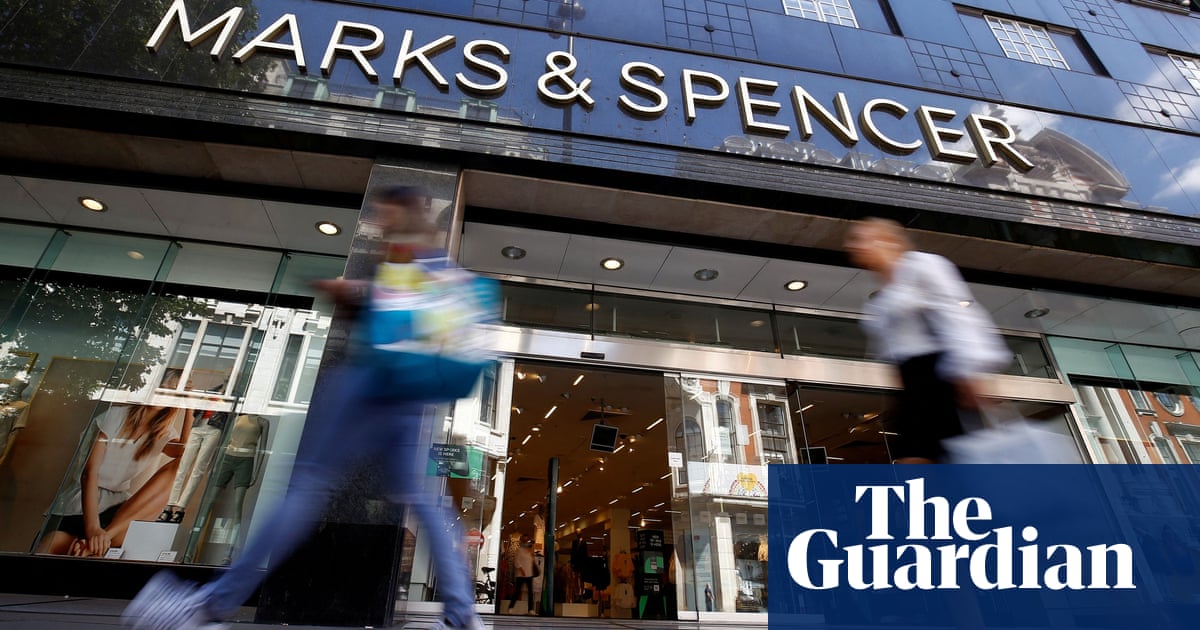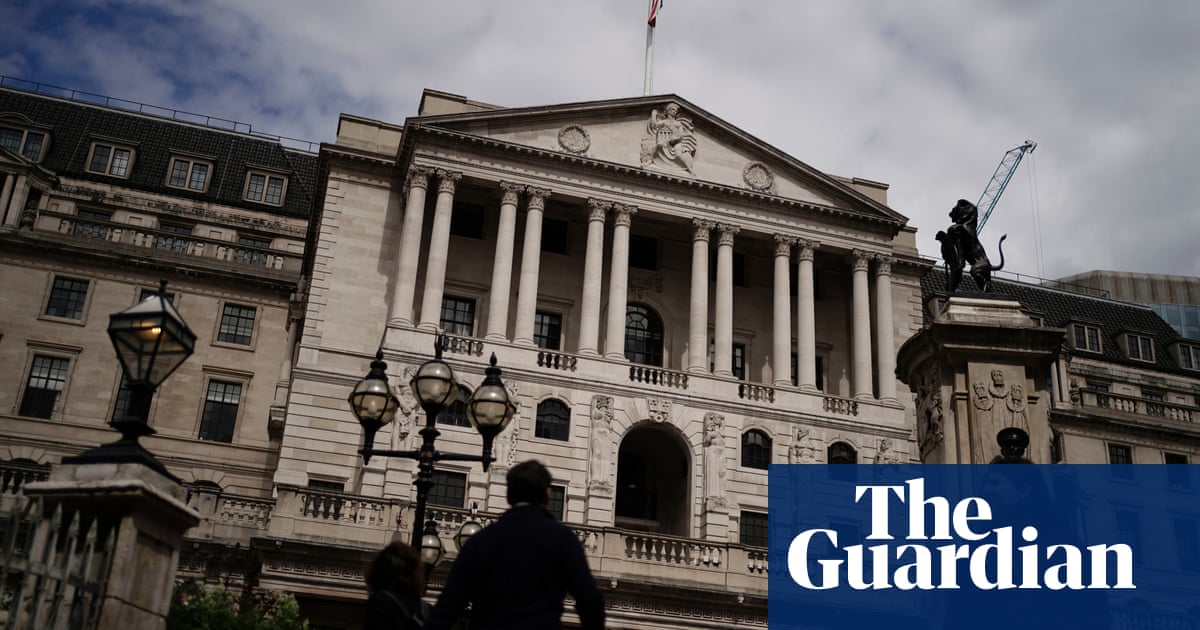
The UK’s warehouse sector has criticised a business rates tax rise targeted at online retailers such as Amazon as the chancellor used the levy to “soften the blow” for high street shops.
The government said the measure in Jeremy Hunt’s autumn statement on Thursday was tackling the “bricks v clicks tax imbalance” by raising big warehouse operators’ rates bill by 27%, and rates for retailers by 20%.
Hunt also ditched plans for an online sales tax on e-commerce giants because of “complexity”, instead opting to raise rates on warehouses operated by companies such as Amazon, DHL and John Lewis’s online store. He excluded them from reliefs while handing out billions to limit the pain for high street retailers, pubs and restaurants.
Clare Bottle, chief executive of the United Kingdom Warehousing Association (UKWA), whose members include Amazon, Coca-Cola, Clipper Logistics and DHL, said the tax increase was “unfair”, “painful” and “disproportionate”.
According to the real estate adviser Altus Group, the valuation on which Amazon has to pay rates on its warehouse in Tilbury, Essex, will increase from £7.1m to £12.3m, a 74% rise. Supermarkets with food delivery businesses, such as Tesco and Sainsbury’s, are also likely to be hit.
“Warehouses are big buildings and they are already paying their fair share,” Bottle said, accusing the government of “muddled thinking” and ignoring the low margins earned by many warehousing companies.
The grab from warehouses gave the government leeway to limit business rates rises for many high street retailers, restaurants and pubs. Hunt announced a £1.6bn transitional relief scheme and £2.1bn in reliefs for hospitality businesses, extending emergency Covid-19 support.
Rates bills will fall immediately for companies whose property values have dropped, rather than the previous gradual reduction, a move welcomed by sectors worrying about how they will survive the UK’s expected recession.
Kate Nicholls, chief executive of UKHospitality, a lobby group representing hotels, pubs and restaurants, said she was pleased that companies whose property valuations fall “will see the benefit in their bills immediately, at the same time as increases are capped”.
Hunt also announced changes to business taxes for banks and insurers. Sweeping reforms to UK insurance rules – known as Solvency II – will reduce the amount of capital they need to set aside as safety buffers, and allow them to invest money from life insurance and pension policies in a broader, and potentially riskier, range of assets.
The Association of British Insurers claimed that the changes would free up about £100bn over 10 years, money that the government is hoping will be funnelled towards UK investments like infrastructure projects that aid their levelling-up agenda. However, the reforms do not stipulate that the money must be used to invest in UK projects. Critics, including the Liberal Democrats, are concerned that funds will simply be invested overseas. That might drive higher returns for insurers, but ultimately fail to contribute to Britain’s economic growth plans.
“If money promised for crumbling British hospitals and decaying rail lines ends up flowing abroad, taxpayers will rightly be furious,” said the Liberal Democrats’ Treasury spokesperson, Sarah Olney.
Mick McAteer, a former board member at the Financial Conduct Authority, said the changes would put policyholders at risk, since insurers can invest in higher-risk assets and bring forward expected returns on their accounts, which could make them look more profitable than they currently are.
“This benefits shareholders at the expense of policyholders, who are exposed to the risk that these higher returns do not materialise over time,” McAteer said.
The Treasury also bowed to City pressure to cut a surcharge on banks next year from 8% to 3%. Some lenders had worried about a perceived windfall tax by stealth, as they reaped the benefits of higher interest rates.
Richard Milnes, UK banking tax partner at the accountant EY, said banks would be “particularly relieved” that they will not face more tax rises. The banking lobby group UK Finance had warned the chancellor that the industry would otherwise face “excessive” tax compared with financial hubs such as New York and Dublin.












